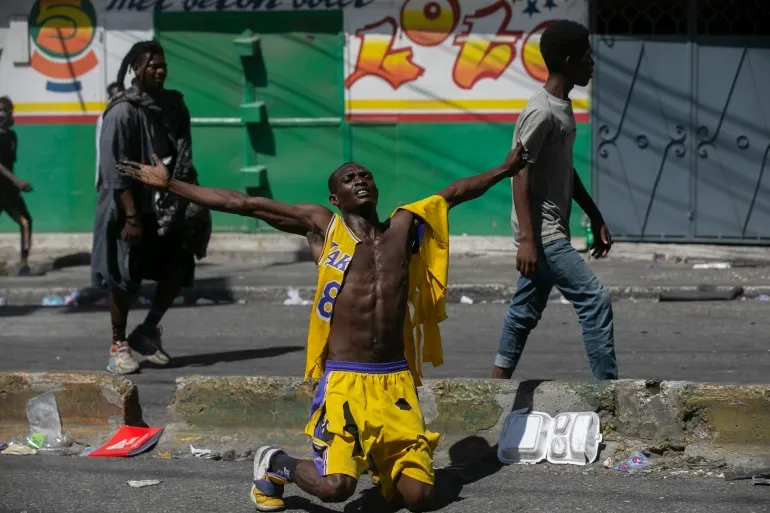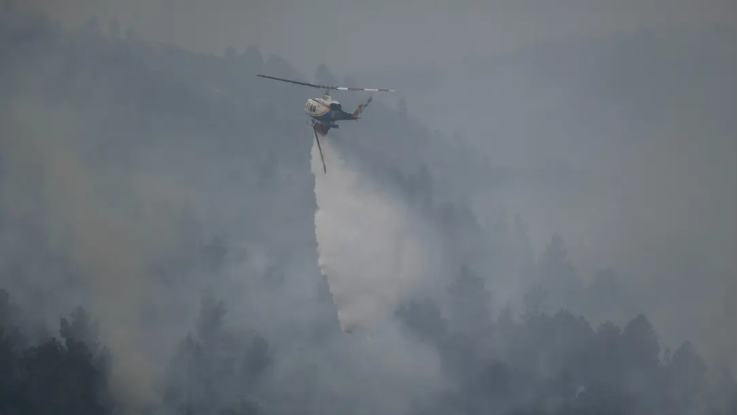UN Envoy: Haiti Faces Humanitarian Catastrophe
Addressing the UN Security Council on Monday, Haiti's UN envoy warned of a "humanitarian catastrophe" amid severe gang violence and an economic and political crisis that has reportedly taken the island nation to "new levels of desparation."

Facts
- Addressing the UN Security Council on Monday, Haiti's UN envoy warned of a "humanitarian catastrophe" amid severe gang violence and an economic and political crisis that has reportedly taken the island nation to "new levels of desparation."
- This comes as weeks of violent protests in Haiti continue to escalate after interim PM Ariel Henry announced an end to government fuel subsidies on September 11, which prompted a surge in gasoline and diesel prices.
- According to Haiti's UN envoy, Helen La Lime, an estimated 2K tons of food aid worth nearly $5M have been lost in repeated attacks on World Food Program (WFP) warehouses. 40% of Haiti's population reportedly relies on food aid, and inflation has soared to record highs.
- Meanwhile, Haiti's gang violence — which has increased following the killing of Haitian Pres. Jovenel Moïse in July 2021 — has reportedly seen the main fuel depot, Varreux, in the nation's capital Port-au-Prince blocked. This has caused nationwide shortages, which have affected health care and the already postponed reopening of schools.
- Haitian Foreign Minister Jean Victor Geneus called on the UN Security Council to sanction the country's criminal gangs, as Mexico and the US are said to be working on a draft resolution to that effect. China, which requested the Security Council's meeting, has also called for sanctions.
- Recently, Colombian Pres. Gustavo Petro, who was sworn into office in August, apologized to Haiti for Moïse's assassination, which allegedly involved 18 Colombian mercenaries who will reportedly be tried in Haiti.
Sources: DW, RFI, BBC News, VOA, and Merco Press.
Narratives
- Pro-establishment narrative, as provided by Dominican Today. The current chaos and misery in Haiti make one thing clear: The island nation is not in a position to help itself. Therefore, in addition to military intervention to establish order, there's now an urgent need for economic intervention — organized in the form of a "shared governance." Only with the help of the international community is there any hope that the Caribbean island will get back on its feet.
- Establishment-critical narrative, as provided by The New Humanitarian. While there's certainly an urgent need for international aid, it's time for a different approach in Haiti. In the past, so-called "international assistance" included harmful Global North policies that prioritized foreign interests over Haiti's long-term development and conditional loans that trapped the island nation in a cycle of unjust debt and aid dependence. The only way to truly help this country is to focus on policies that fortify its self-determination and self-sufficiency.






